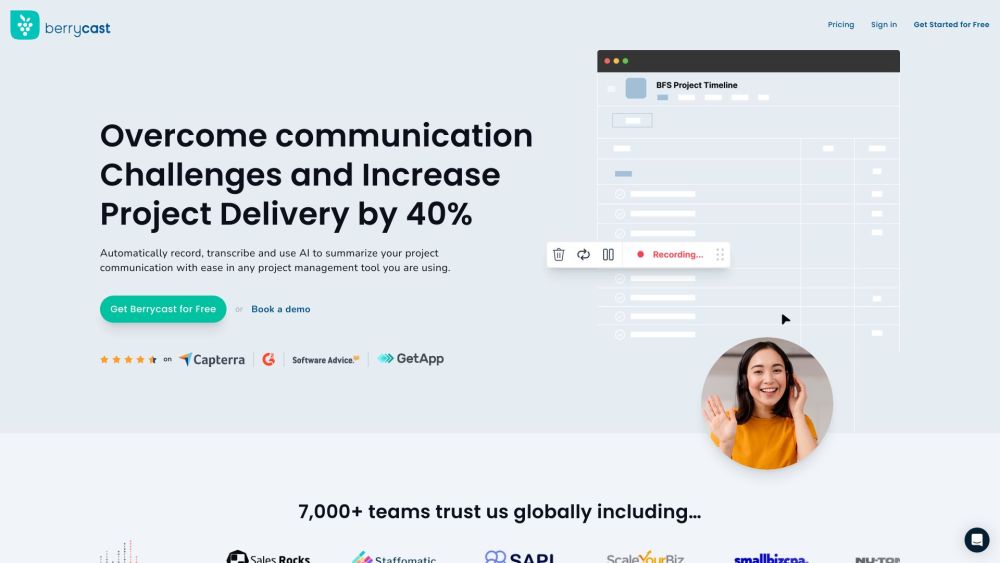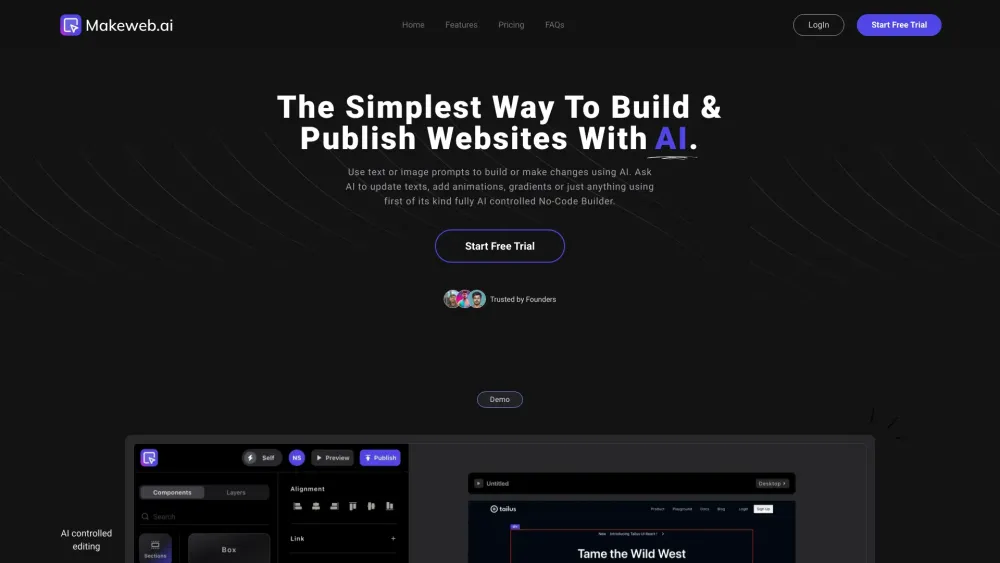A dynamic startup is on a mission to modernize the command line interface (CLI), transforming it into a more sophisticated tool for today’s developers.
Introducing Charm
Founded by Toby Padilla—a former engineer at Apple, Last.fm, and TweetDeck—and Christian Rocha, previously head of voice at Zenly (acquired by Snap), Charm aims to elevate CLIs with enhanced visual tools and new features, including document text display and user profile storage, all grounded in an open-source philosophy.
After securing approximately $4 million from angel and seed funding rounds previously, Charm has now raised an additional $6 million, led by Google’s Gradient Ventures, with backing from Cavalry Ventures, Fuel Capital, Firestreak, and several angel investors.
The Evolution of Command Line Interfaces
The CLI has long been an essential tool for developers, allowing them to engage with operating systems through straightforward text commands. Despite the rise of graphical user interfaces (GUIs), CLIs remain prevalent for their speed, flexibility, and lower resource consumption.
"Most developers use both CLI and GUI tools—CLIs allow them to quickly devise solutions for complex problems, while GUIs function within the confines of their specific design intentions," Padilla shared.
Many developer tools, like Git and SSH, prioritize CLI usage, although GUI alternatives exist for users who prefer them. "GUIs may offer initial discoverability of features with their visual toolbars and icons, unlike the dense array of command-line flags typical of CLIs," Padilla noted.
While CLIs provide substantial power and adaptability, GUIs enhance usability. Charm's objective is to successfully merge these benefits. The company has developed the Bubble Tea framework for building terminal applications that integrate GUI features, including mouse support.
"We envision Text-Based User Interfaces (TUIs) powered by Bubble Tea as a way to bring GUI-style discoverability to the command line," Padilla explained.
Innovative Tools by Charm
Charm has also launched Glow, a markdown reader enabling developers to access readme files and similar documentation directly from the command line.
Other tools, such as VHS, facilitate screencast recordings of command-line applications for demos and README files, while Pop streamlines email sending from the command line, complete with attachments.
For Pop, Charm collaborated with Resend, another company backed by Gradient Ventures, which focuses on developer-centric email solutions. Notably, Resend's CEO Zeno Rocha has also invested in Charm.
In addition, the company is developing Mods, described as “AI for the command line,” which harnesses large language models (LLMs) from both OpenAI and the open-source alternative LocalAI. For instance, developers can input a code file into Mods and prompt it to "refactor" the code, saving the results to a new file.
"We discovered that LLM-based AI models generate impressive markdown, motivating us to create a simple tool utilizing both OpenAI and LocalAI models in command pipelines," Padilla remarked.
Business Outlook
Charm is progressing towards an enterprise plan that is entering a private beta phase. Early adopters include notable companies such as Amazon AWS, Shopify, Nvidia, and GitHub, whose developers have already integrated Charm’s libraries into their applications.
"These firms are leveraging our libraries in their first-party apps," Padilla highlighted, referencing GitHub projects that incorporate Bubble Tea.
Currently, Charm employs about eight full-time staff across the U.S., Canada, Brazil, and Germany. With an additional $6 million in funding, the startup is well-positioned to capitalize on its recent traction and introduce new features aimed at customizing, enhancing, and improving the CLI experience for a multitude of developers.
Charm isn’t the sole contender modernizing the command line. In 2019, Microsoft launched a new terminal supporting emojis, Unicode, and East Asian fonts. Similarly, Y Combinator alum Fig developed autocomplete for the CLI, eventually attracting Amazon’s acquisition interest.
"There are concerted efforts from various fronts to bring the classic CLI into the current technological landscape. The command-line interface serves as the entry point for all builders, yet shell scripting has seen minimal enhancements since its inception in the 1970s," Padilla concluded. "We're committed to launching the next generation of our platform while focusing on sustainable open-source development and ethical monetization."





